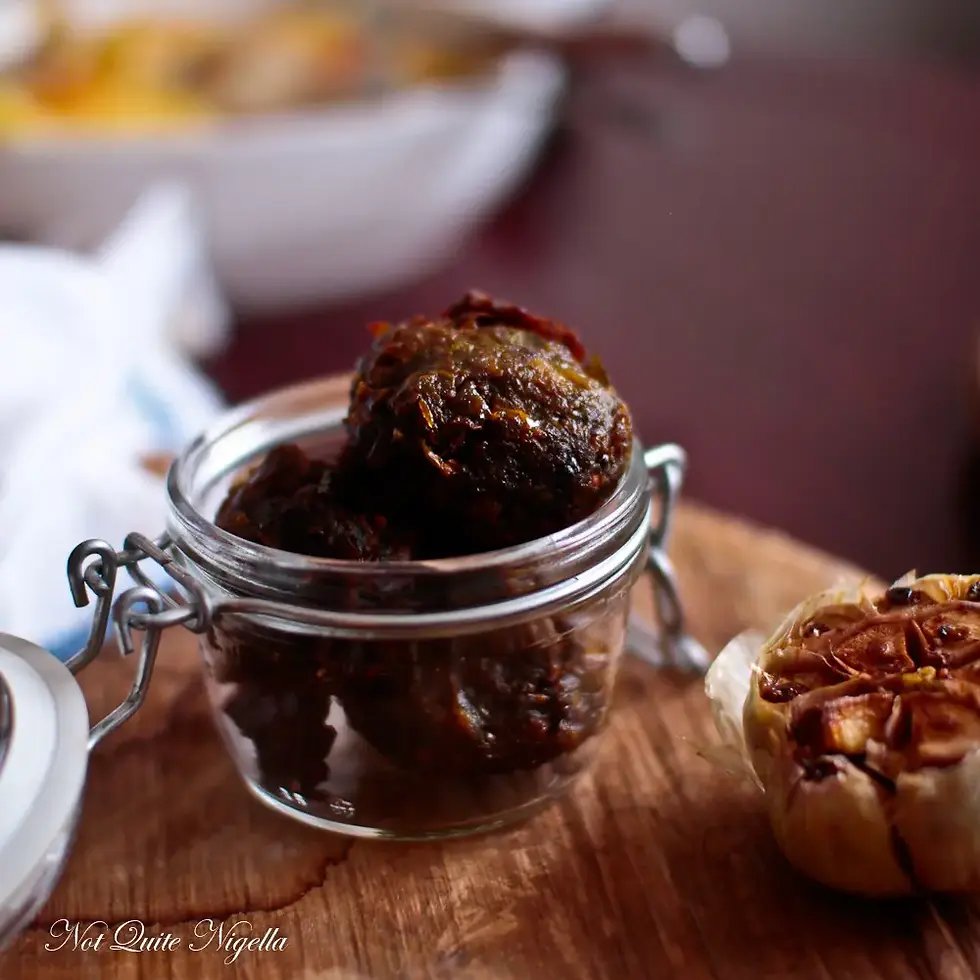Cheers
- Sep 12, 2022
- 4 min read
"In France and Germany, all it takes is breaking eye contact during a toast to ruin bedroom activities for seven long years," Wine Country

As you know we are on holiday in Port Douglas - yes it has finally happened and it's glorious. So lat night we went out and as we were about to clink our glasses together, my sons, who were dutifully drinking water because they were driving refused to join in because 'it was bad luck'. I had never heard of this particular superstition and so asked why. My son googled it and found that fundamentally it meant death and so I thought this might be something to start my holiday blogging off to a good start. Which I now realise sounds a bit macabre, but not really as you will see.

So first water. I now know that this began with the Ancient Greeks.
"According to Greek mythology, the dead would always drink from the River Lethe in the depths of the Underworld, in order to forget their past, corporeal lives. As a result of this story, the Greeks would always toast to the dead with glasses filled with water to symbolize their voyage, via the river, to the Underworld." Huff Post
Cut to the modern day and you get this:
"It’s believed that the act brings bad luck or even death upon the recipient, and in some cases, death upon yourself. The U.S. military actually forbids it with Naval folklore claiming that a toast with water will lead to death by drowning." Wine Country
And we arrived at this via:

"In Medieval times, glasses were clinked and people cheered loudly to ward off any demons or evil spirits. It was also thought that you would clink glasses to spill some on the floor, leaving some for the bad spirits in hopes that they would leave you alone. A German tradition is to bang mugs of alcohol on the table and yell loudly to scare away ghosts or evil spirits." Farmers' Almanac
A tradition that obviously continues to this day.

Related to this is the whole reason we clink the glasses:
"the real reason people clink their glasses together before drinking is to ensure the drink is safe, because the liquid will slosh over the side of the cup, mixing all of the drinks. If someone has chosen to put poison in the glass it will then poison all of the drinks and the treacherous person will have to reveal themselves." GB Mag
Who knew? In addition there's a potentially worse result from clinking glasses of water together:
"In Spain, toasting with water, or any non-alcoholic drink for that matter, can result in a different kind of misfortune: seven years of bad sex." Wine Country
Or - same result from a different custom:
"In France and Germany, all it takes is breaking eye contact during a toast to ruin bedroom activities for seven long years," Wine Country
As to the breaking of eye contact Wine Country has a whole lot of complicated rituals associated with toasting in the Czech Republic. Far too many to list here so check it out if you are interested.
But what is the origin of the whole toasting thing? Well back to the Ancient Greeks and Romans who would give offerings to the gods at celebrations, and also, perhaps more significantly when it comes to the bad luck thing, at funerals. These offerings included alcohol
"And to this day we still raise our glasses to the ‘heavens’ as if offering our drink to the gods." GB Magazine

The term toast came in later:
"The term toast, as in drinking to one’s health, comes from the literal practice of dropping a piece of toast in your drink. In the 16th century, it was common practice to add a piece of scorched or spiced toast to wine. The bread would help to soak up some of the acidity and improve flavor in poor wine. As a bonus, it would also help to soften up stale bread." Farmers' Almanac
But back to 'Cheers'. The word comes from the Old French 'chiere' which means face or head and over time evolved so that by the 18th century it meant gladness. The French say 'santé' of course which means health and it seems to be generally accepted that 'cheers' itself means good health. By saying cheers you are wishing people good health and happiness. The Italians - and some British too - say chin chin which interestingly comes from the Chinese qing qing which means please please and is no longer used by them for a toast.
Last thing - 'bottoms up'
"According to the legend, English sailors used to be bribed with coins to join the navy, and, many times, they would be tricked into joining by being given a beer with a coin at the bottom of the glass.
In the story, men began to say “bottoms up” to their drinking partners so that they could see if coins were hidden inside of the glasses before the drinks were finished." Writing Explained

So here's to you all from Port Douglas. I'm about to have a glass of wine - a rosé and will toast you all - Cheers.



Comments